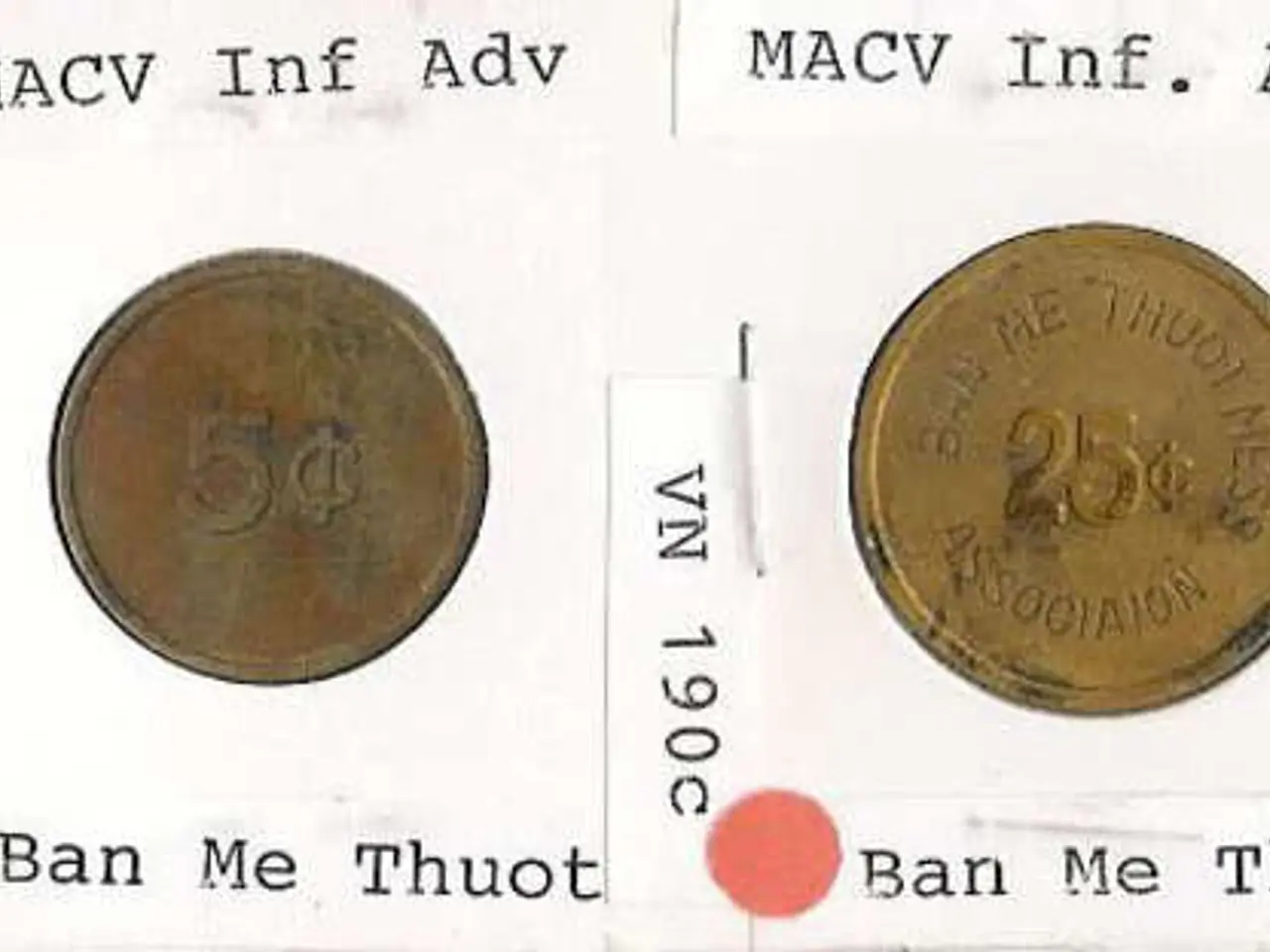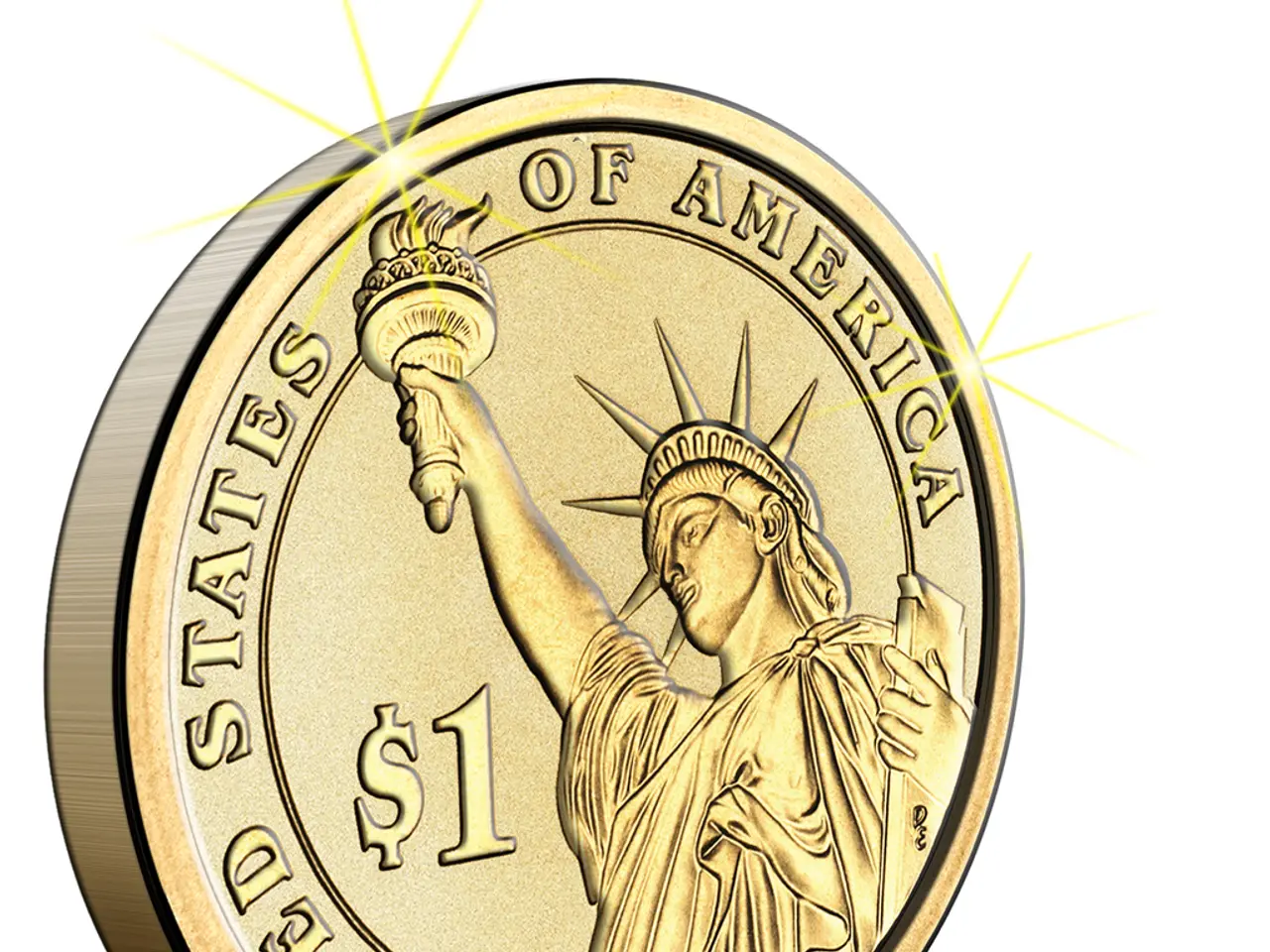Approximately 20% of drivers are captured on camera taking selfies while operating their vehicles.
In the UK, using a mobile phone to take photos or videos while driving, including filming oneself, is considered a serious offence that can lead to hefty fines, penalty points, and even the revocation of a driving licence.
According to a study conducted by GAP Insurance provider ALA Insurance, nearly half of those who film while driving use the clips for social media platforms like TikTok and Instagram [1]. However, this trend comes with significant risks.
The law treats filming while driving as a form of distracted driving, which is taken seriously due to safety concerns. Offenders can face a £200 fine and six penalty points on their driving licence. For new drivers (within two years of passing their test), this could result in licence revocation due to the accumulation of points [5].
Moreover, using a mobile phone while driving, including filming, can invalidate your insurance policy. If an accident occurs while the driver is found to have been using their phone, insurers may refuse to pay out damages or could cancel the policy entirely [1].
The UK has introduced new enforcement technology, such as AI-powered roadside cameras, to automatically detect mobile phone use while driving, making it easier for authorities to catch and penalise offenders [3].
Drivers are urged to prioritise safety and avoid using phones for filming while driving. ALA Insurance is calling on motorists to think twice before hitting record on the road due to the risks of fines, losing licence privileges, and insurance complications [1][5][3].
Unfortunately, awareness about these risks is low among younger drivers. 22% of UK drivers admitted to filming themselves while driving, with 22% of 18-24-year-olds and 13% of 25-34s unaware that filming behind the wheel can lead to legal penalties [2]. Furthermore, over a quarter of drivers are unaware of the potential insurance implications of filming while driving, and nearly 1 in 10 drivers are unaware of the legal risks associated with this activity [4].
In light of these findings, it's crucial for drivers to educate themselves about the dangers of filming while driving and make a conscious effort to prioritise safety on the road.
| Aspect | Details | |-------------------------|-------------------------------------------------------------------------------------------| | Legality | Illegal to film/selfie with mobile phone while driving or stationary in traffic | | Penalties | £200 fine + 6 penalty points | | Licence impact | Licence could be revoked, especially for new drivers within first two years | | Insurance implications | Insurance can be invalidated or cancelled if phone use at fault in accident | | Enforcement methods | AI cameras in some areas detect mobile phone use automatically |
- Many drivers film themselves while driving, often for social media platforms like TikTok and Instagram, according to a study by ALA Insurance.
- As filming while driving is considered a form of distracted driving, offenders can face fines, penalty points, and potentially have their driving licence revoked, especially new drivers within the first two years.
- Using a mobile phone for filming purposes while driving can also invalidate your insurance policy, making insurers less likely to pay for damages in case of an accident.
- The UK government is using new enforcement technology, such as AI-powered roadside cameras, to automatically detect mobile phone use while driving, increasing the likelihood of penalties for offenders.




